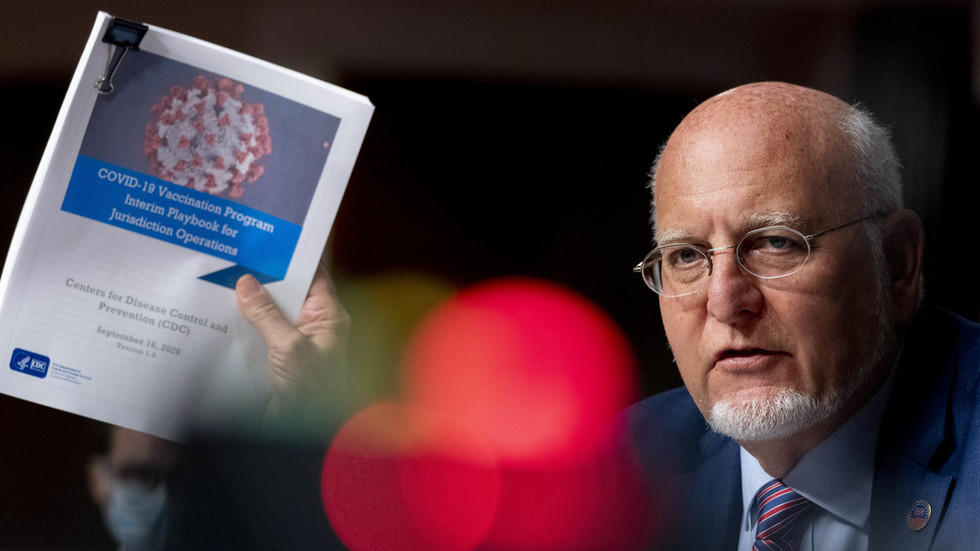View looking towards the Royal Exchange and in the City of London where the glass architecture of the tower 22 Bishopsgate disappears into mist on 6th November 2024 in London, United Kingdom.
Mike Kemp | In Pictures | Getty Images
Britain's motor finance industry is in disarray, with analysts warning of worst-case scenarios similar in magnitude to the country's costliest consumer banking scandal.
The burgeoning crisis stems back to a landmark judgement from the U.K.'s Court of Appeal in late October, when the court ruled it was unlawful for car dealers to receive bonuses from banks providing motor finance — without getting the customer's informed consent.
The decision caught many in the motor finance industry off guard and appears to have paved the way for a multi-billion-pound redress scheme to compensate consumers.
It has prompted comparisons to Britain's payment protection insurance (PPI) scandal, which was estimated to have cost banks more than £50 billion ($63.8 billion) and is regarded as the biggest mis-selling scandal in the country's financial services history.
Britain's Financial Conduct Authority, the country's financial watchdog, said on Wednesday that it will write to the Supreme Court to expedite a decision over whether to give lenders the green light to appeal the ruling.
Banks left 'in limbo'
The FCA, which noted that car financing groups were likely to have received a surge in complaints in recent weeks, said that it would consider intervening "to share its expertise" if permission to appeal is granted.
It urged motor finance groups to consider setting aside financial provisions to resolve the high volume of complaints.
Niklas Kammer, equity analyst at Morningstar, said Britain's banks have been left in "in limbo" since the Oct. 25 court ruling, with Lloyds thought to be the most at risk through its Black Horse business. Barclays also has some exposure, Kammer said, "but meaningfully less."
A Lloyds Banking Group Plc bank branch in London, UK, on Monday, Oct. 21, 2024.
Bloomberg | Bloomberg | Getty Images
"I think it is fair to say that the ruling by the Court of Appeal came as a surprise to the banks as well as the FCA. According to the banks, they followed the rules and guidelines set by the FCA, which are not aligned with the new Court of Appeal ruling," Kammer told CNBC via email.
"As such, there exists significant uncertainty which set of rules banks have to abide by. The FCA has said that it will await the outcome of a potential Supreme Court ruling before taking a decision on the matter," Kammer said.
"If the ruling stands, the FCA will have to change its rules on disclosures. Initially, the FCA pointed out that the matter should not take similar proportions to the PPI mis-selling, but should the new ruling stand, worst case scenarios do come close to the same magnitude in impact."
Lenders 'likely to pull out of the market'
Benjamin Toms, U.K. banks analyst at RBC Capital Markets, said that if the Supreme Court upholds the lower courts verdict, the downside impact for the motor finance sector, which includes both banks and non-banks, could be as much as £28 billion.
"Some lenders are likely to pull out of the market, which will mean less choice and higher prices for those looking to buy a vehicle," Toms said.
"There is also the potential for legal creep, with other types of lending like premium finance also coming under the spotlight," he added.
London Taxis wait in a queue at a taxi rank outside Fenchurch Street Station on October 14, 2024 in London, United Kingdom.
John Keeble | Getty Images News | Getty Images
In January, the FCA launched a review into the motor finance industry to probe whether there was widespread misconduct related to discretionary commission arrangements, or DCAs, before they were banned in 2021.
It said on Wednesday that it is currently considering the impact of the Court of Appeal's judgement on its review.
Fitch, an influential rating agency, warned earlier this month that it had placed the ratings of Close Brothers Group on "Rating Watch Negative" due to the lender's "high exposure" to motor finance.
Other lenders that have been "significantly involved" in motor finance lending include Barclays, Investec, Lloyds and Santander UK, Fitch said.
Lloyds, Britain's largest car finance business, has set aside £450 million in financial provisions.

.png) 1 week ago
6
1 week ago
6




